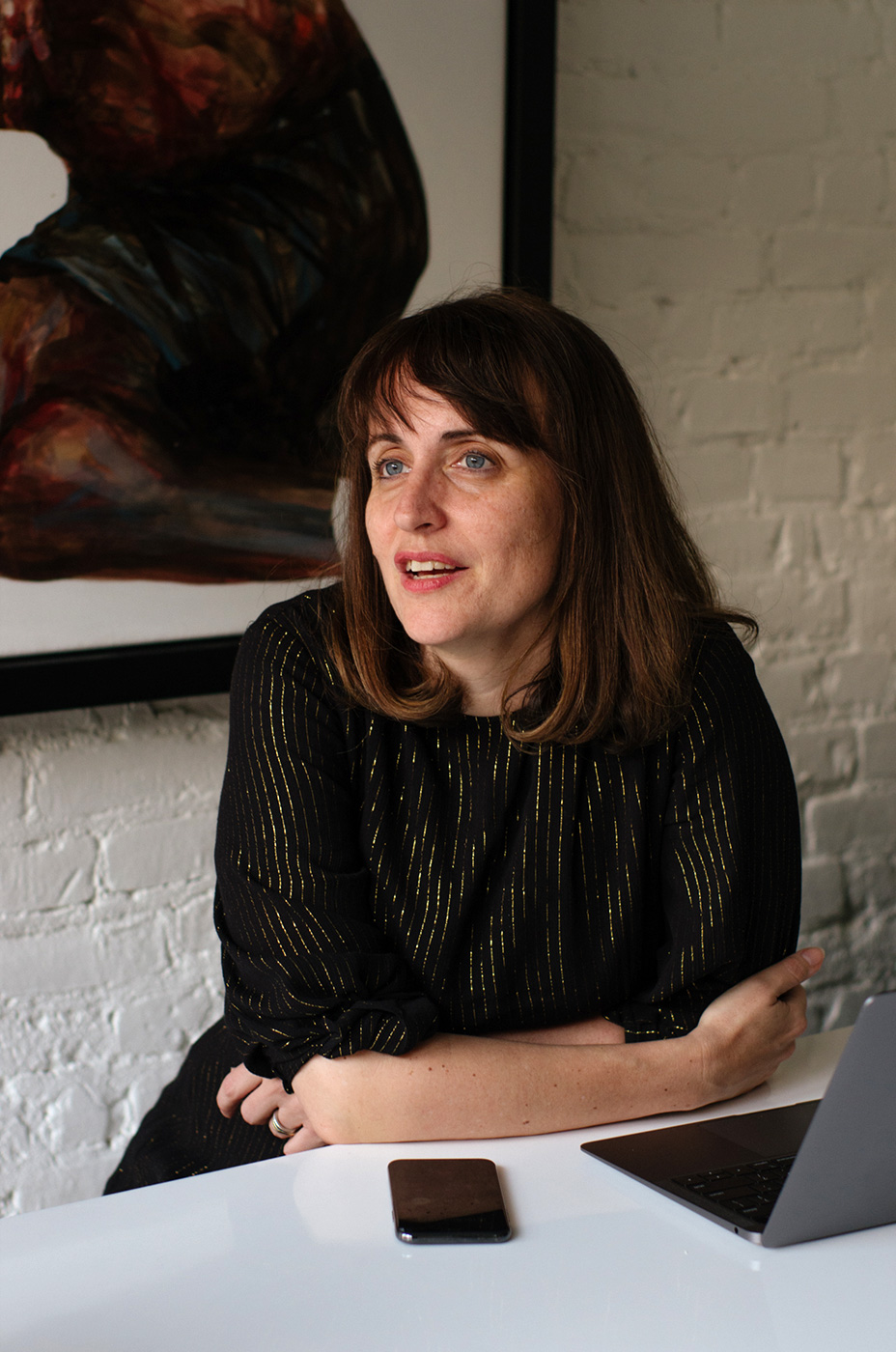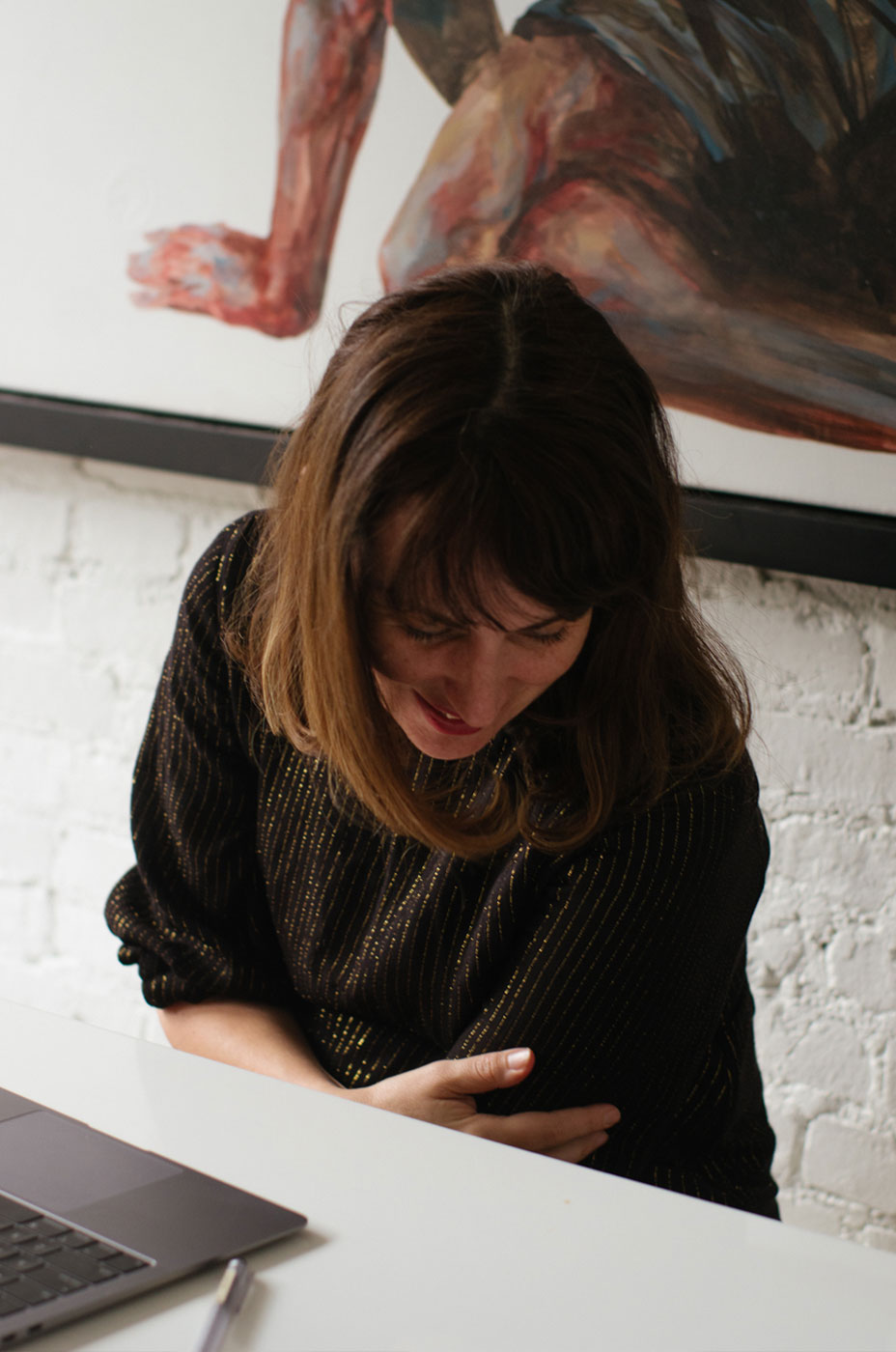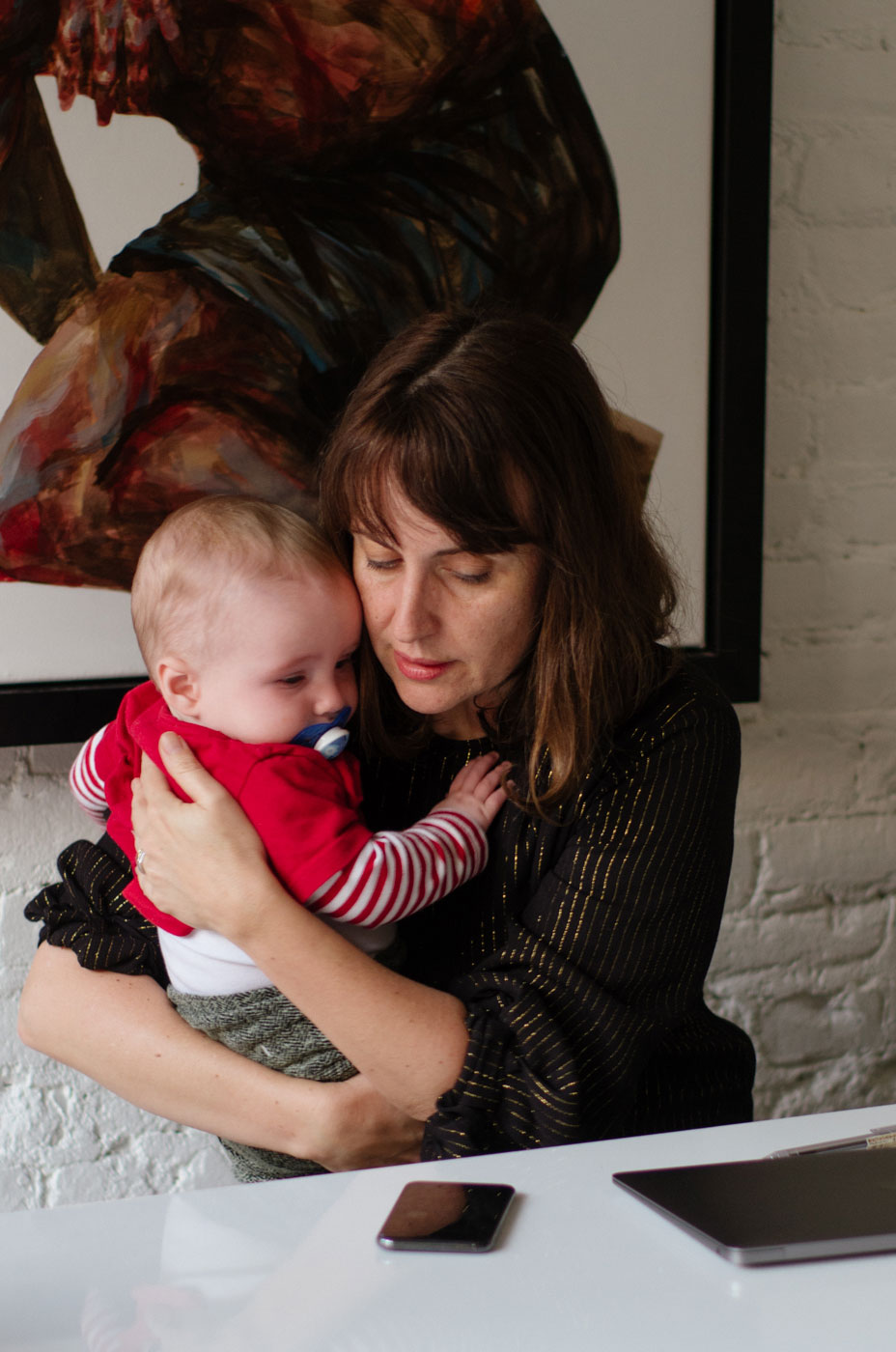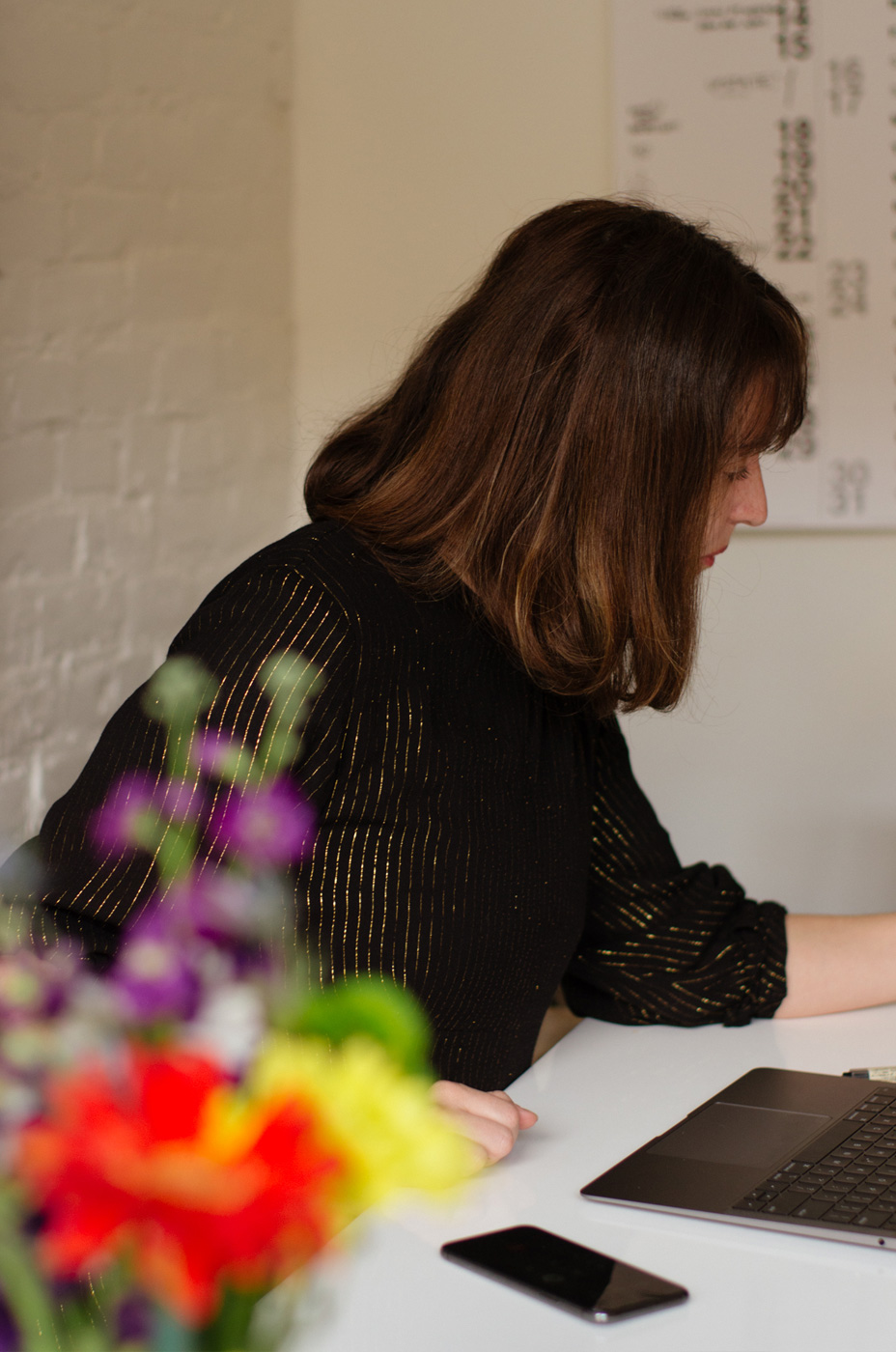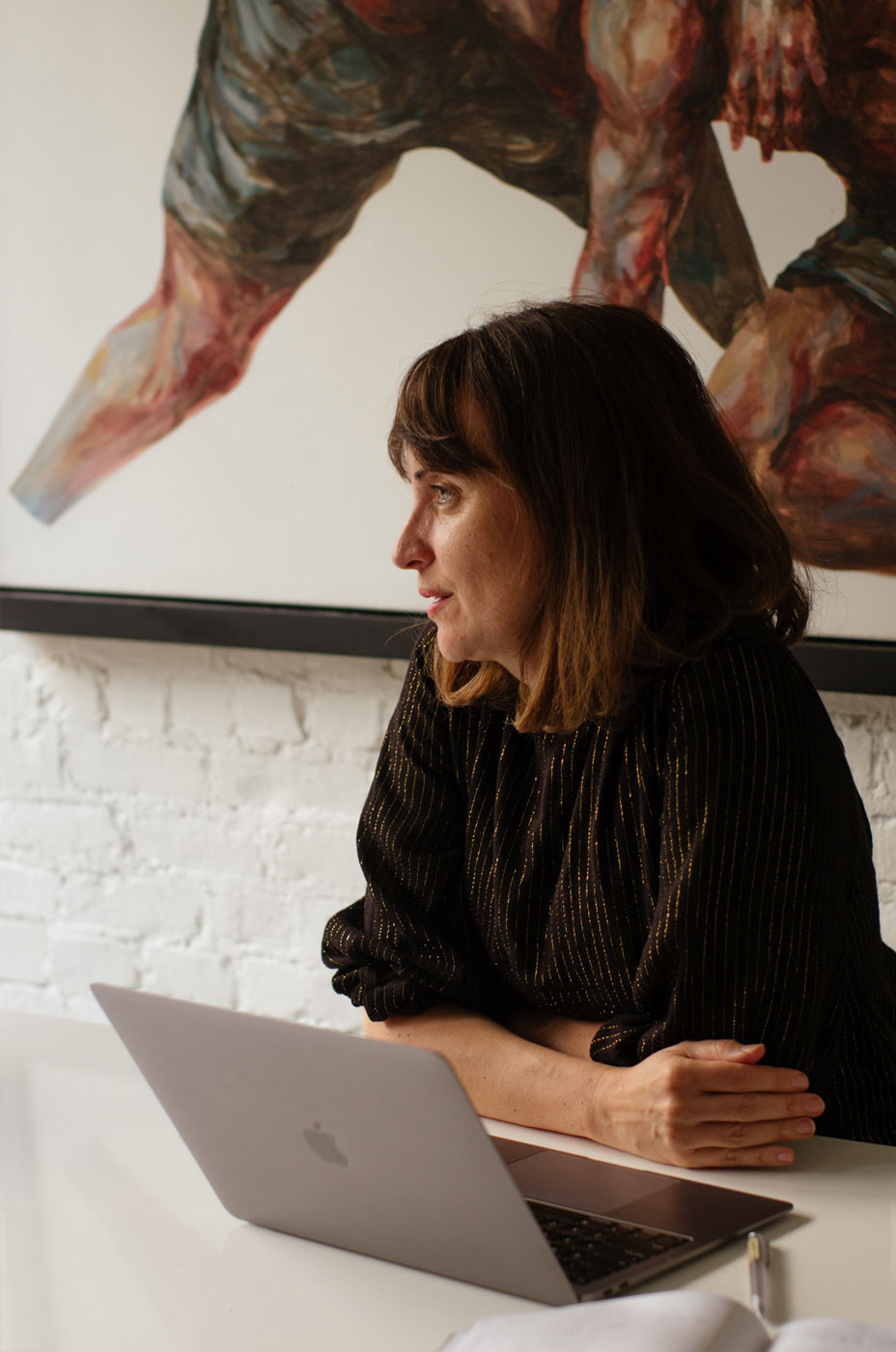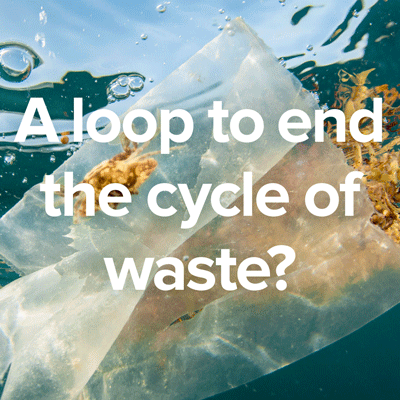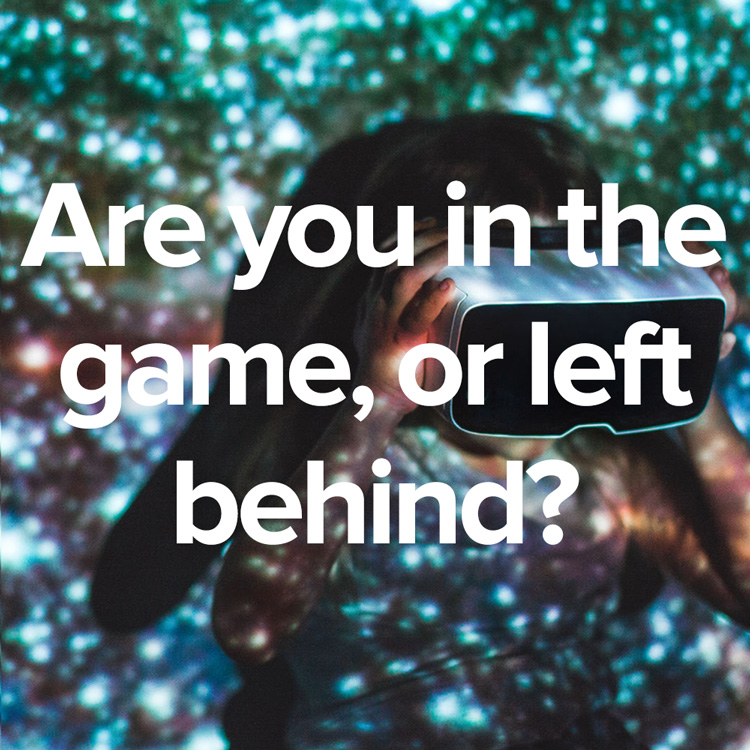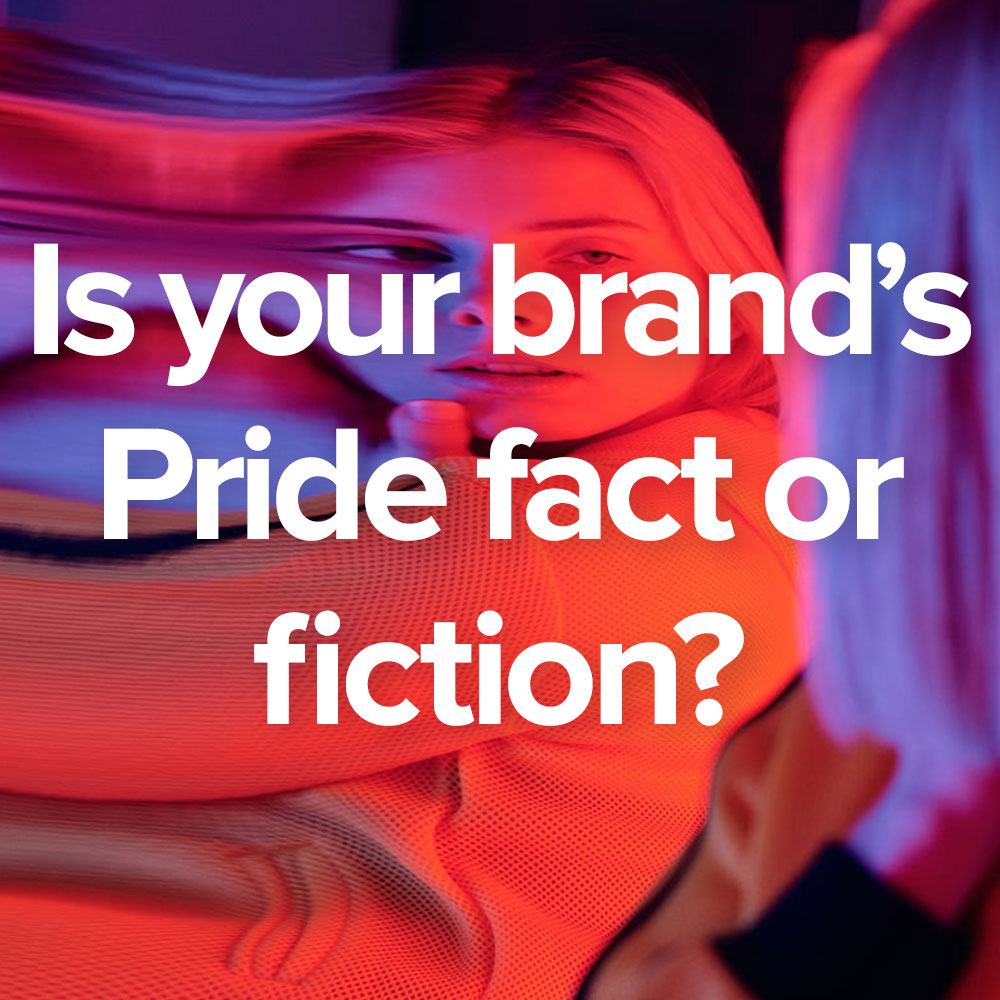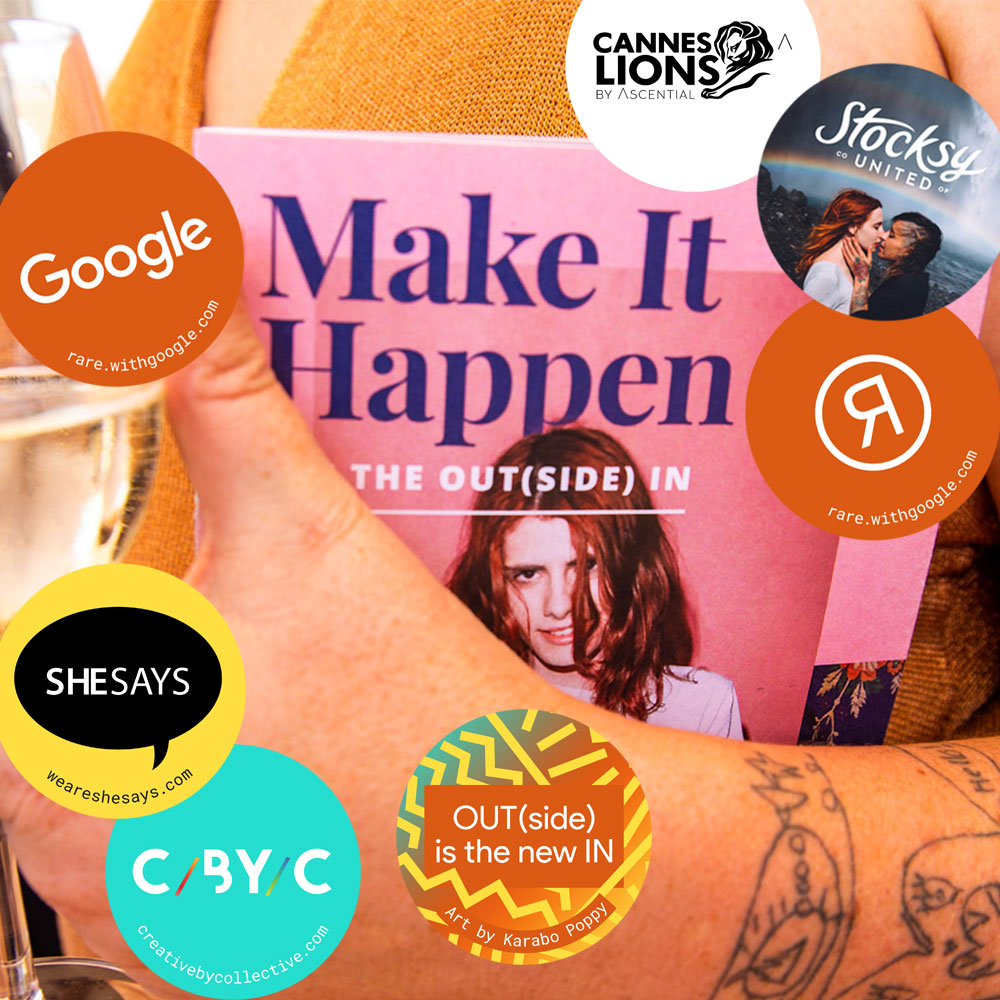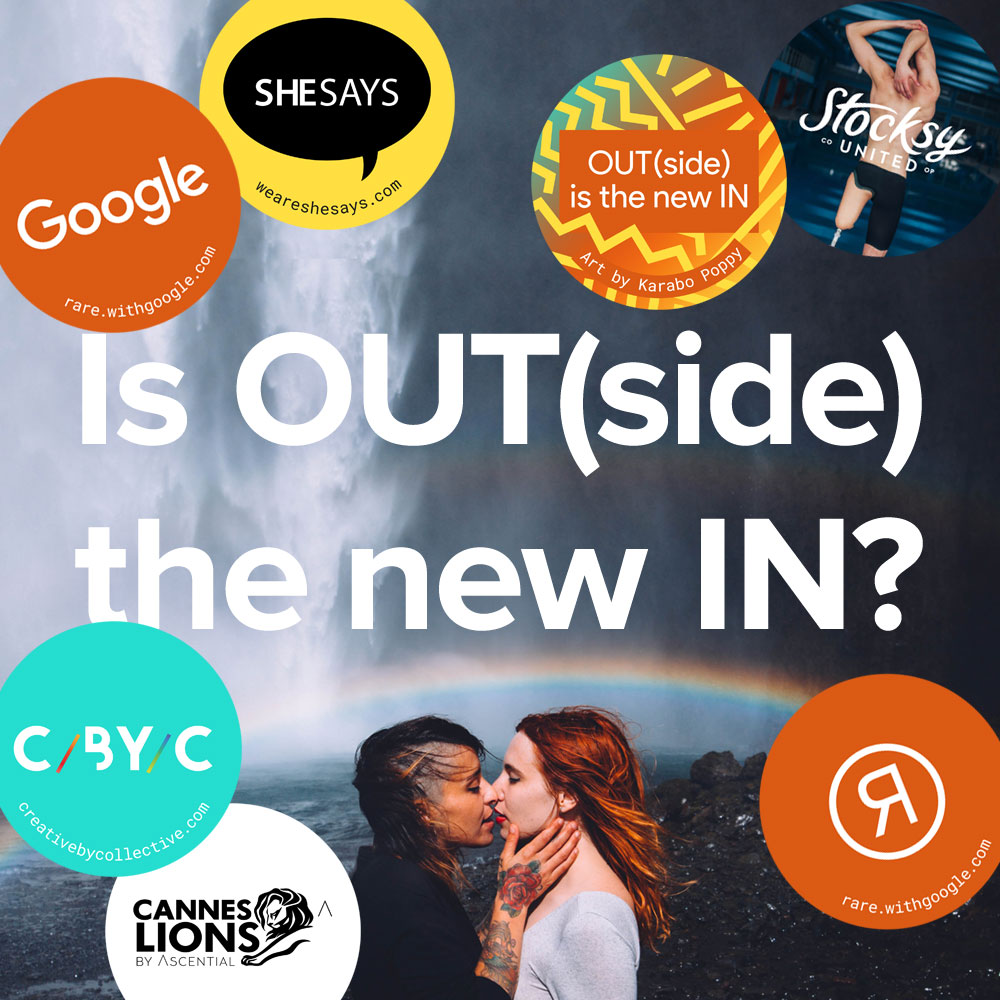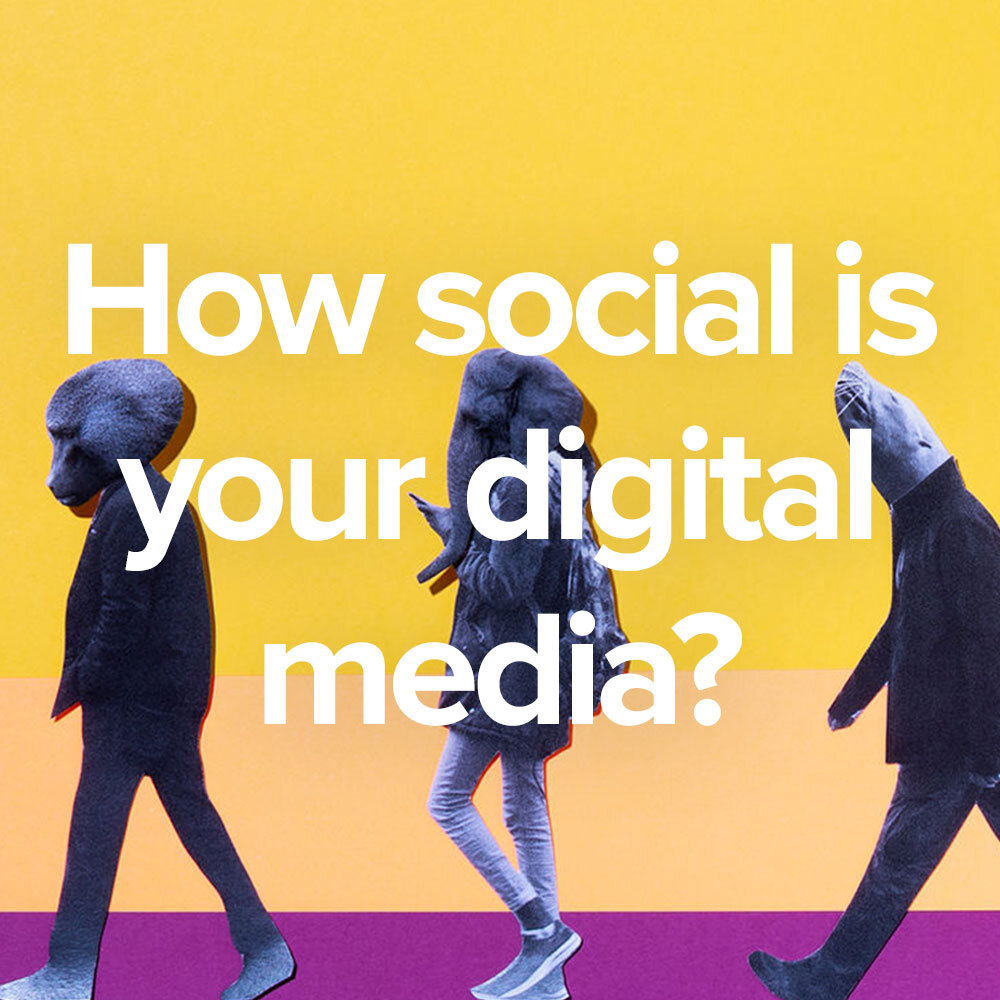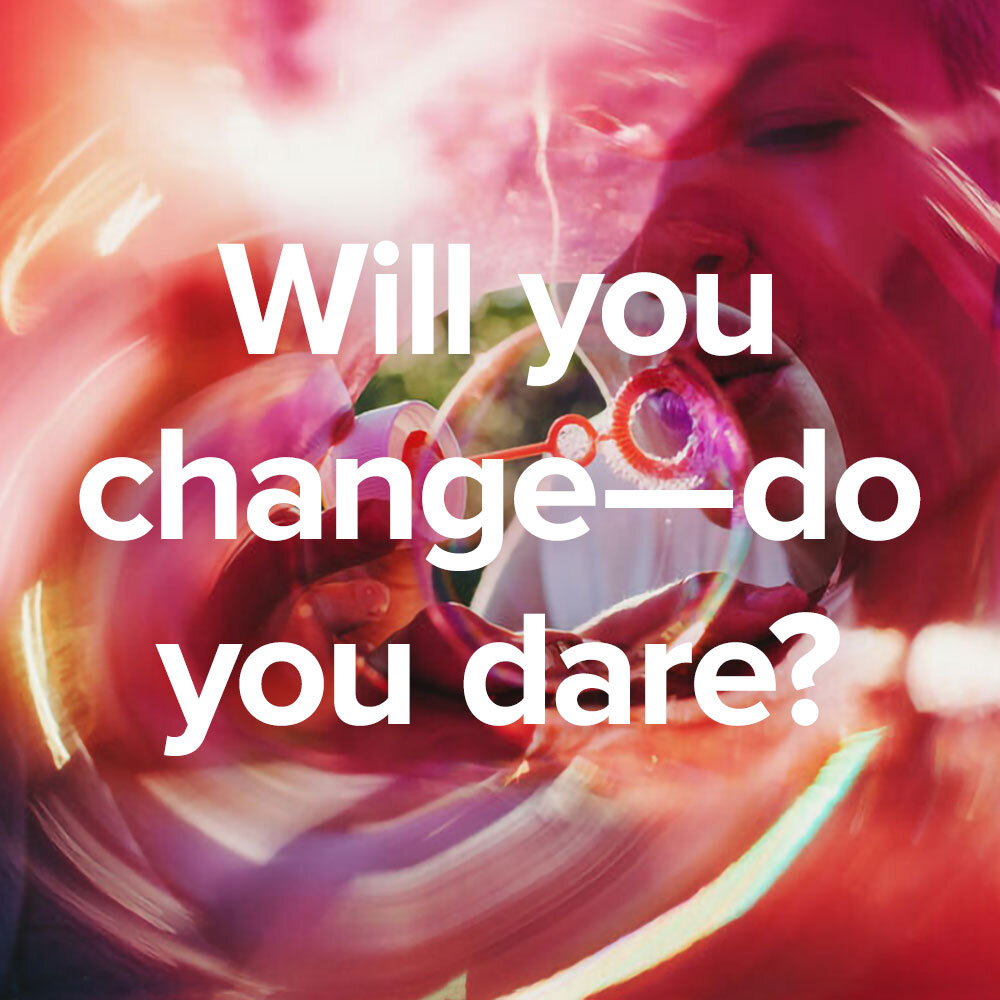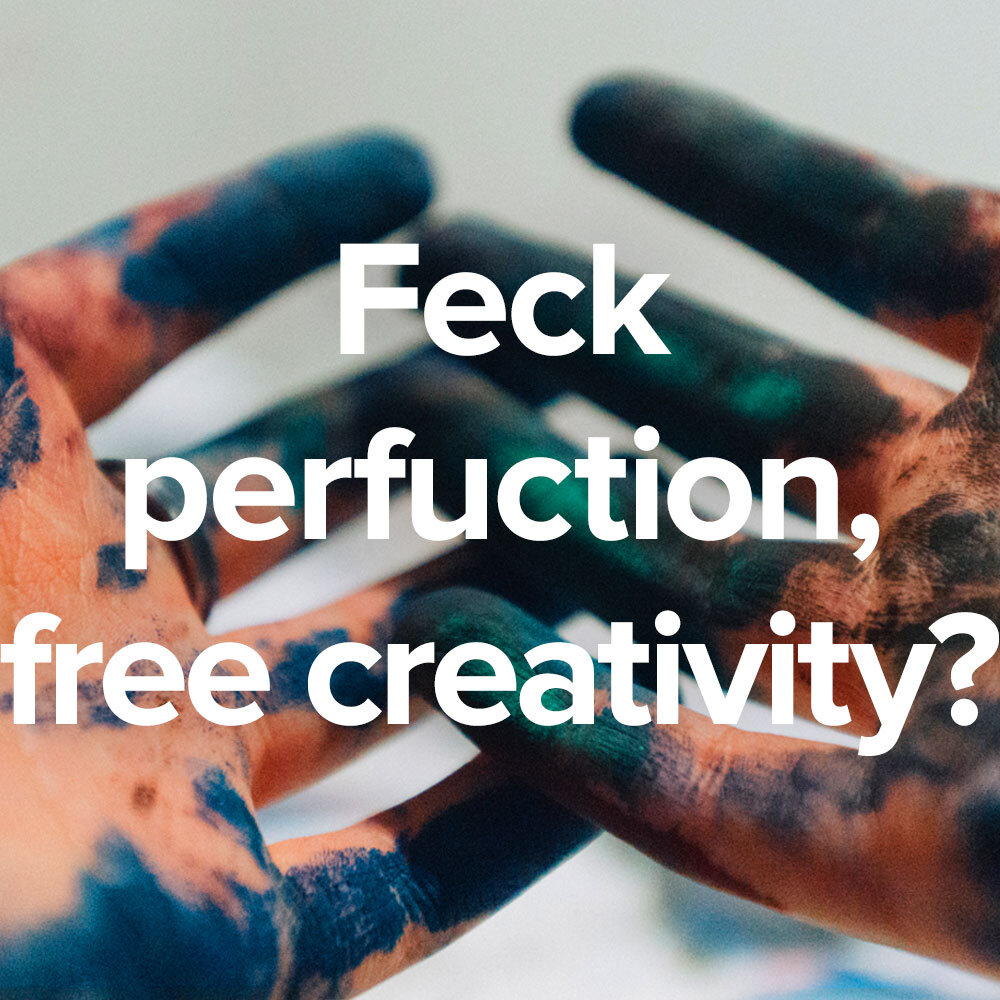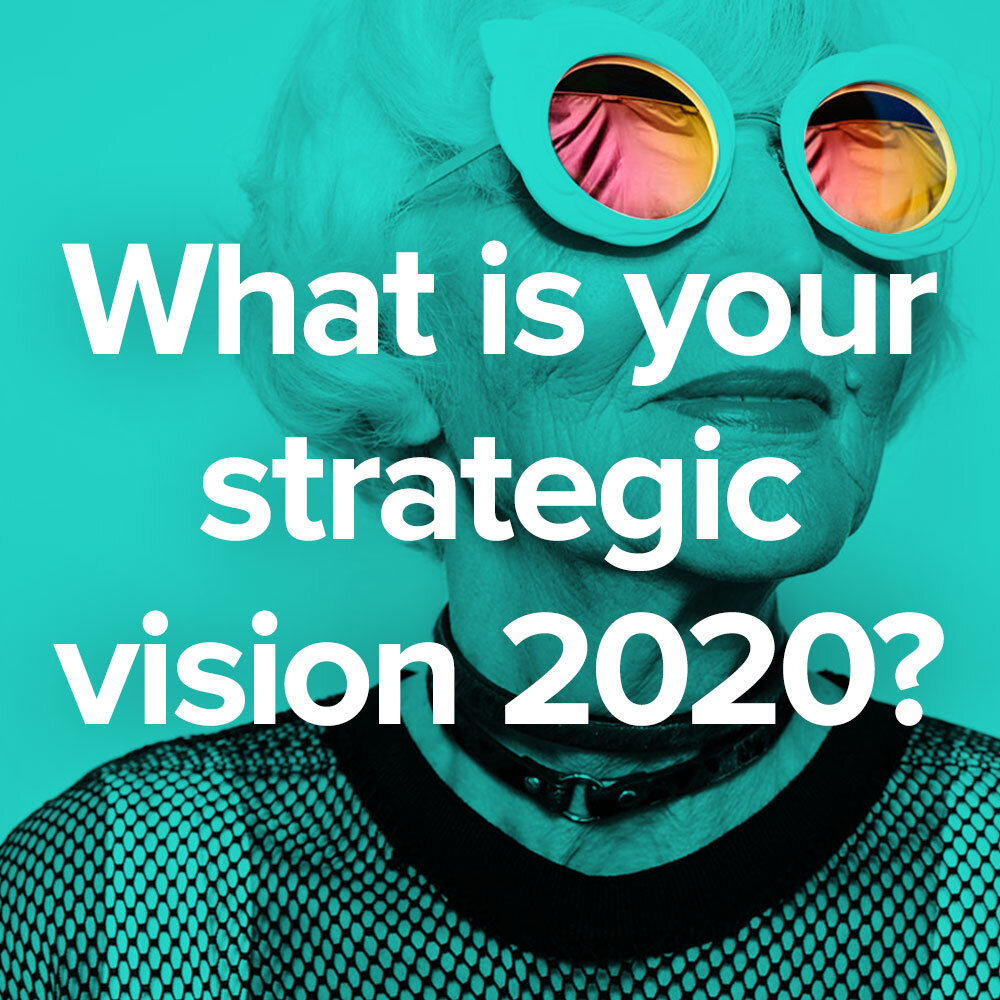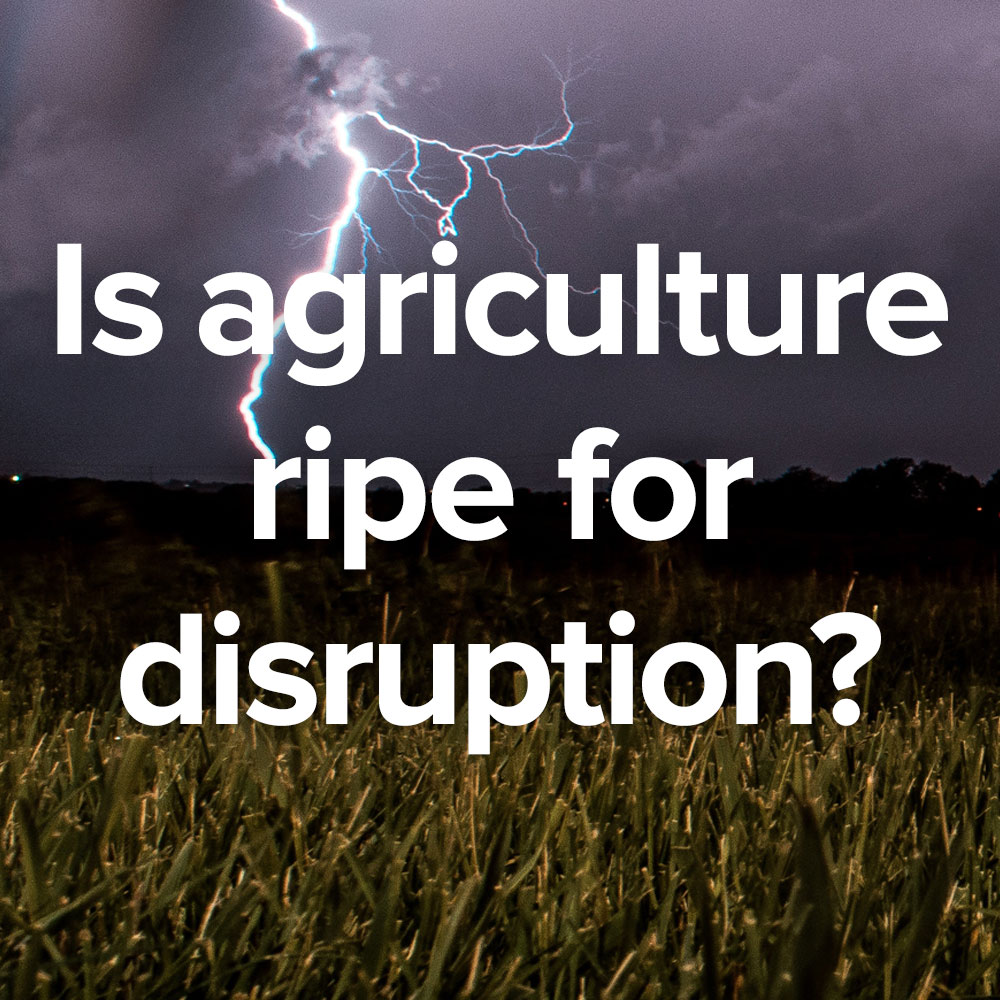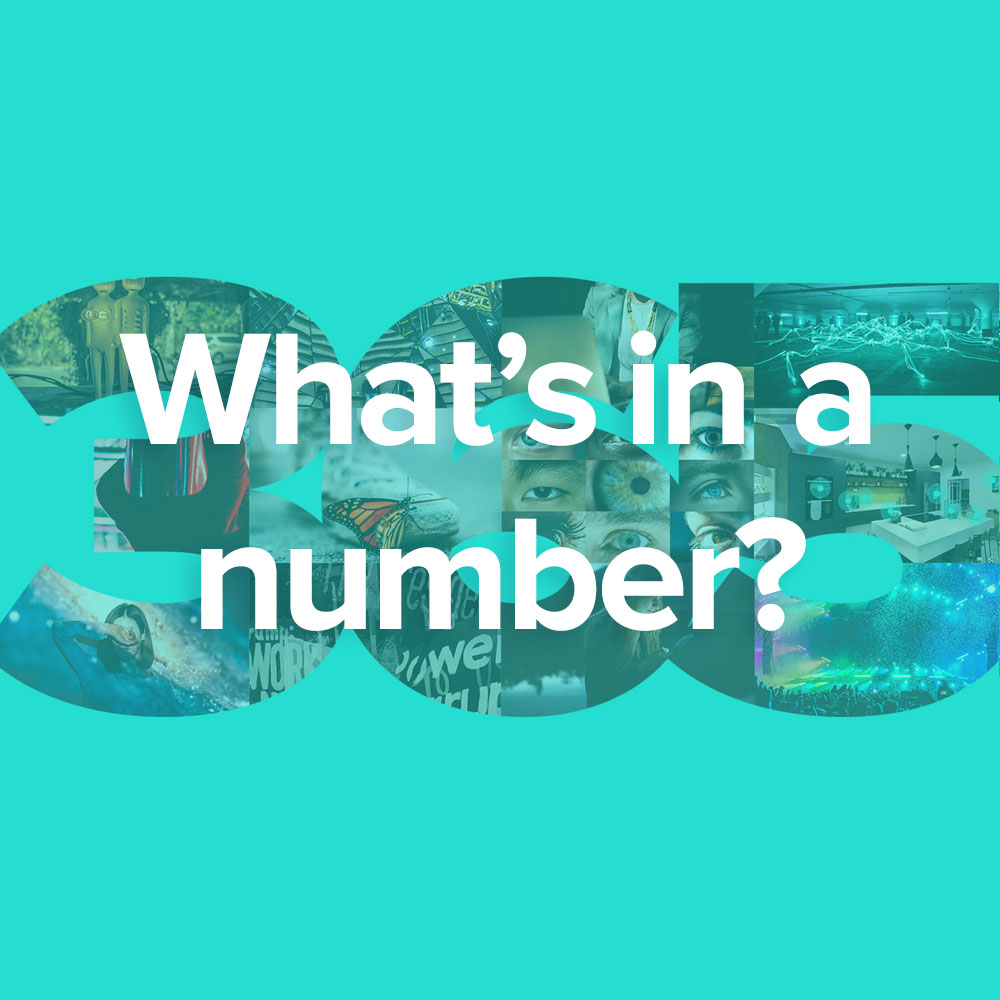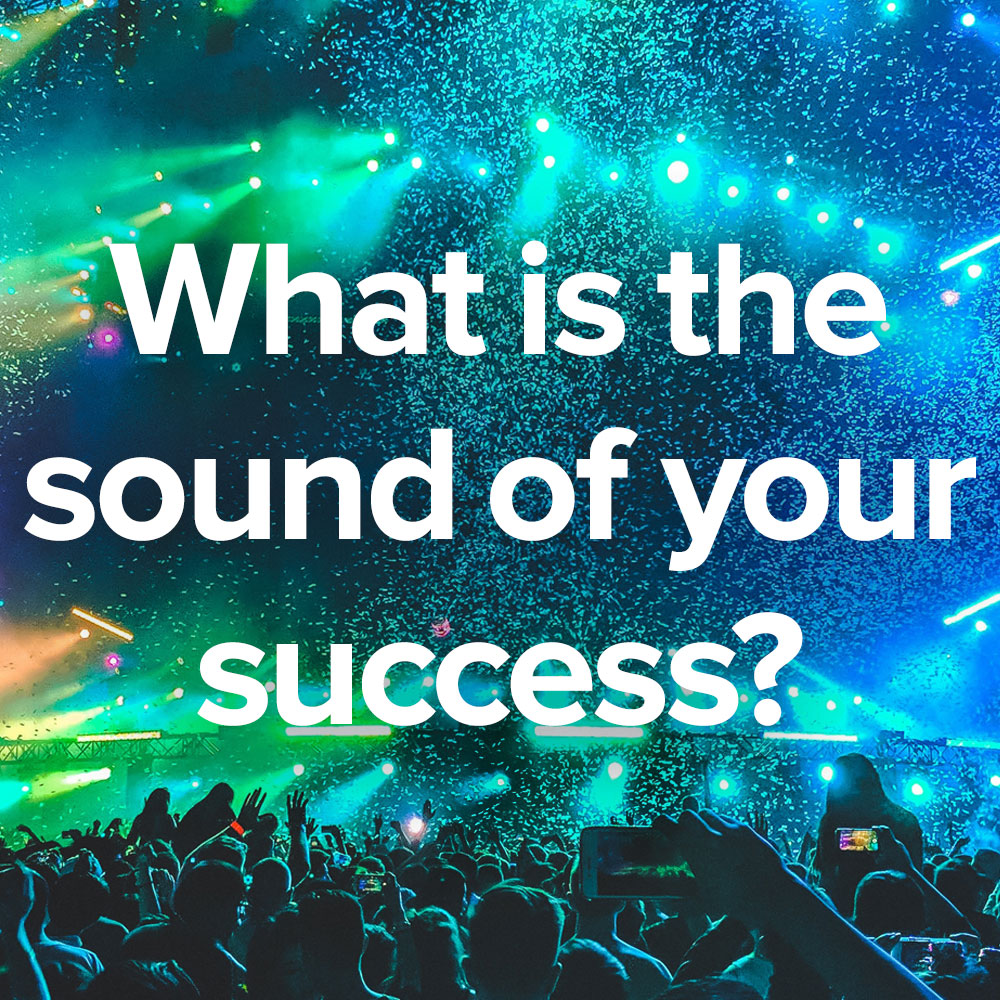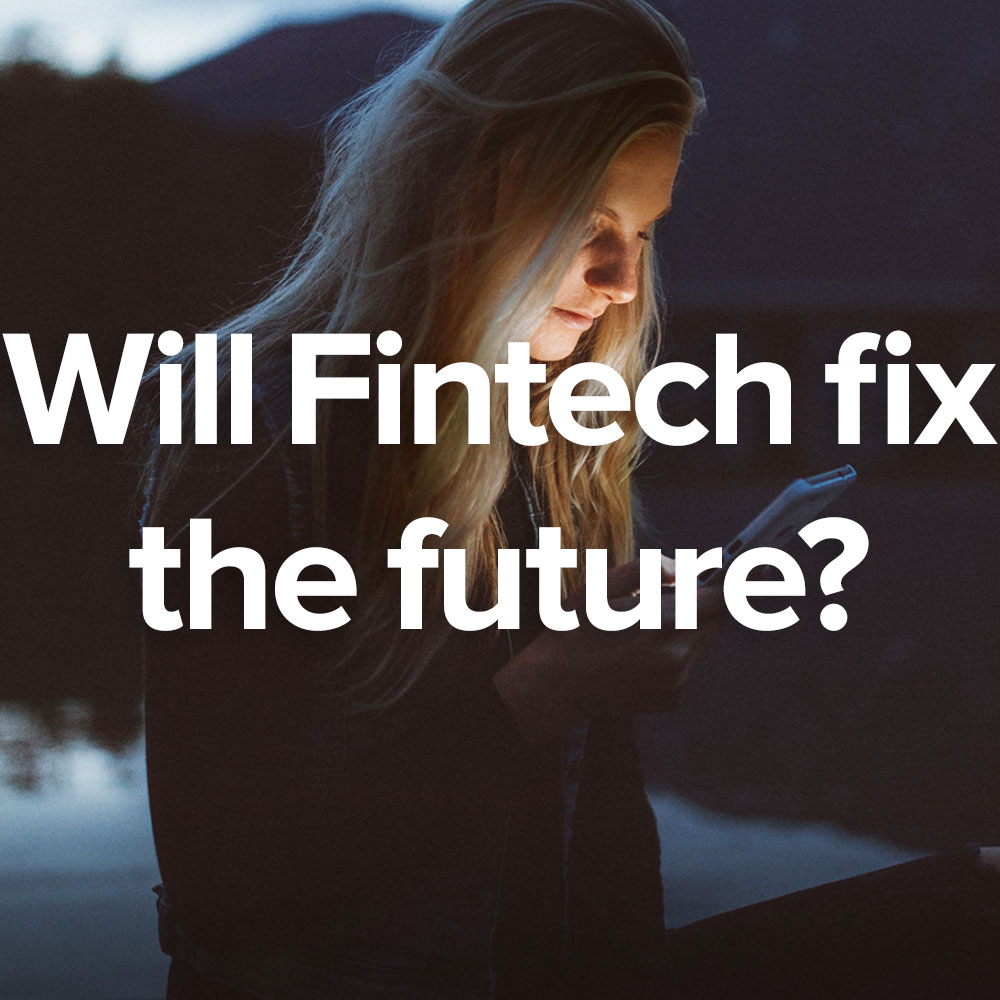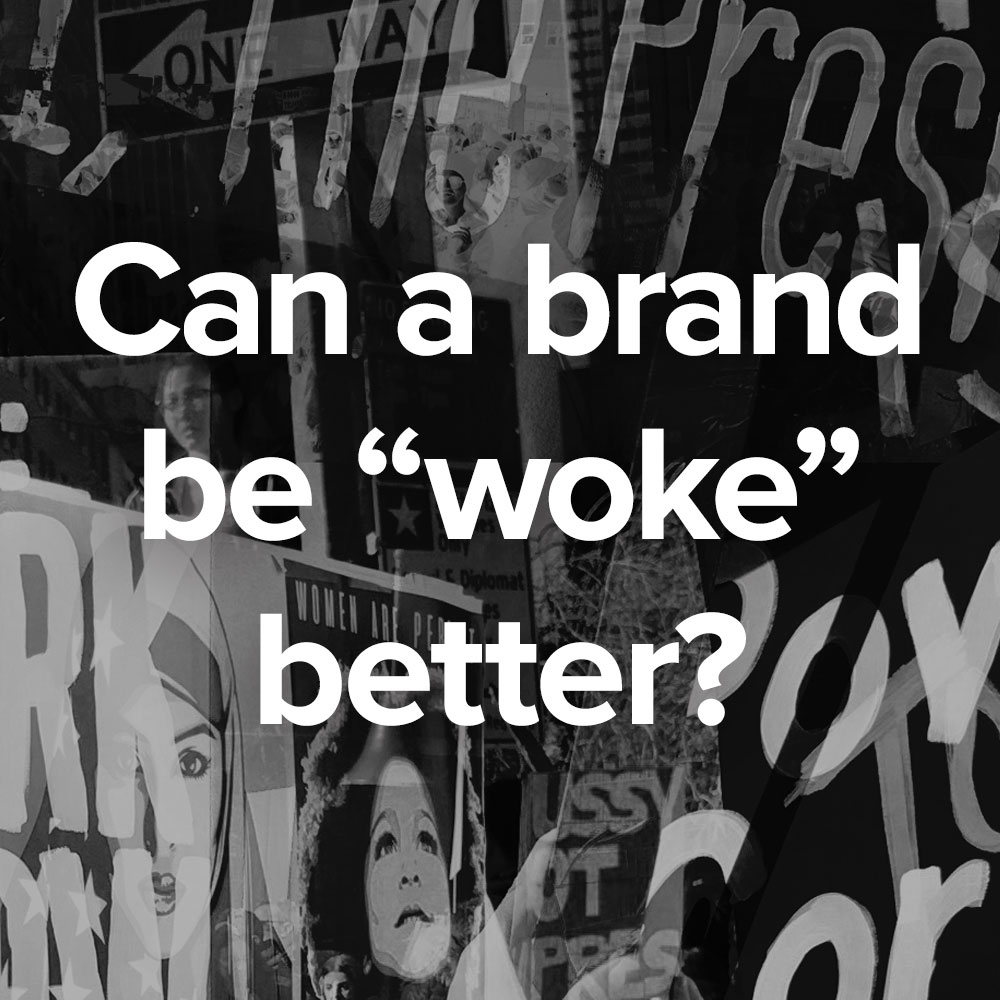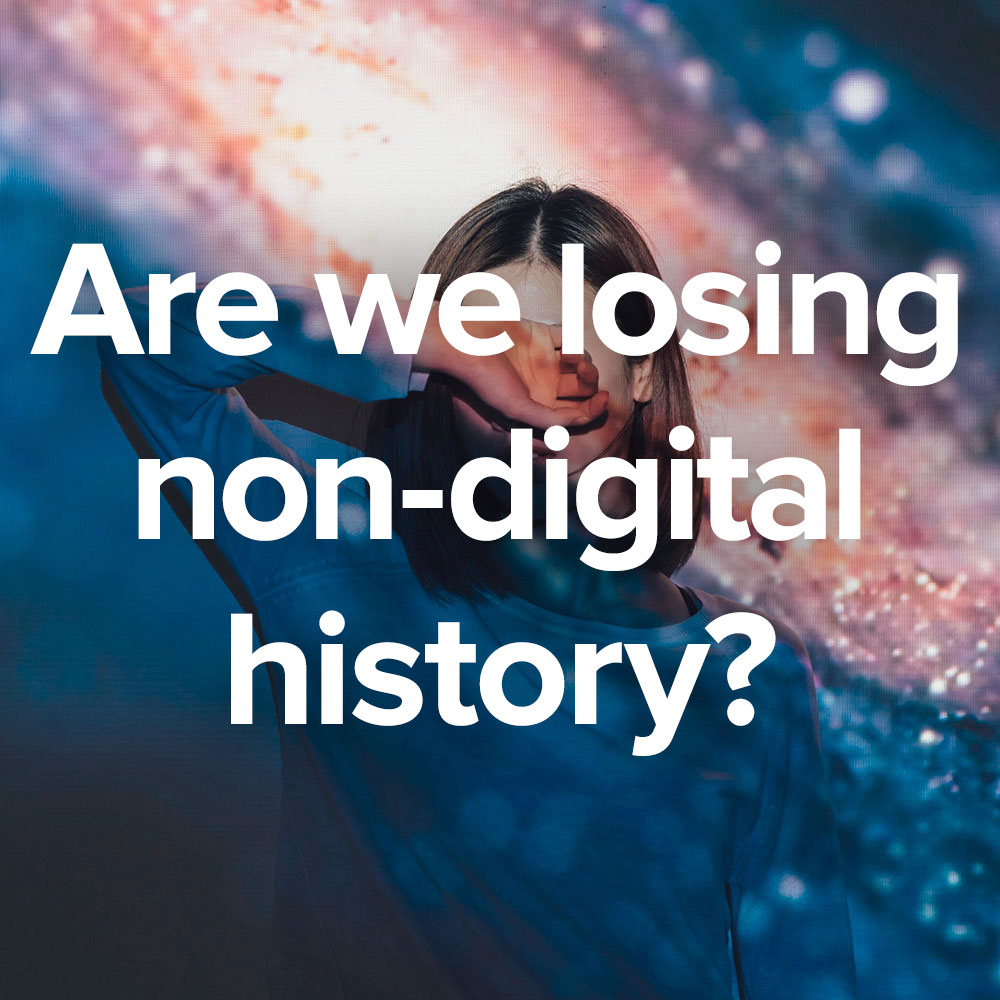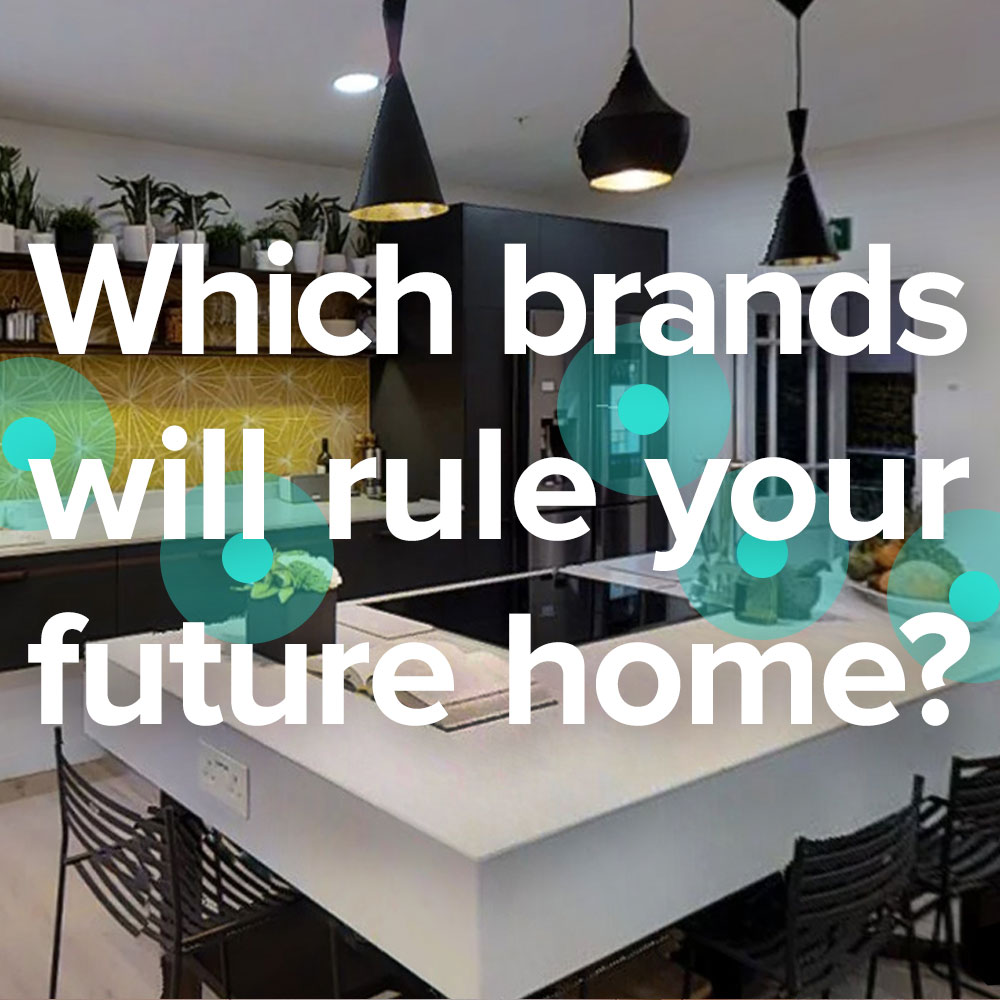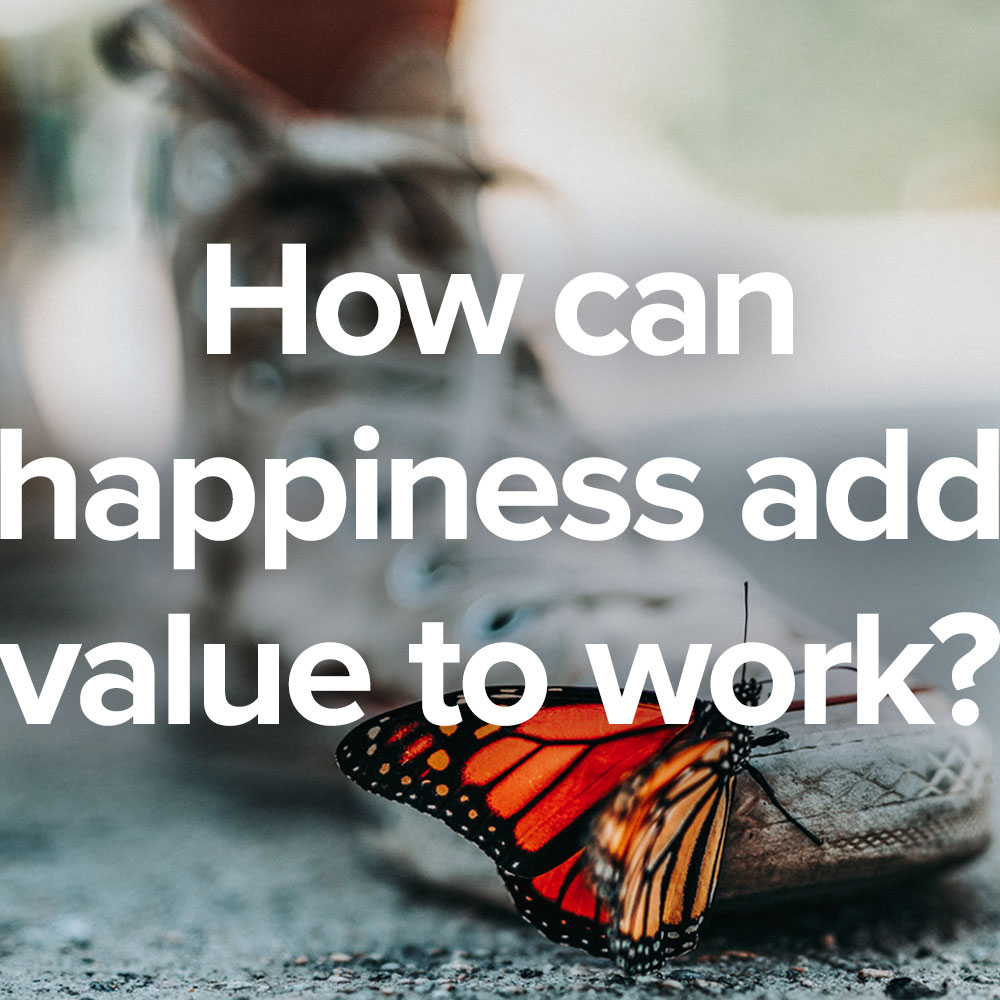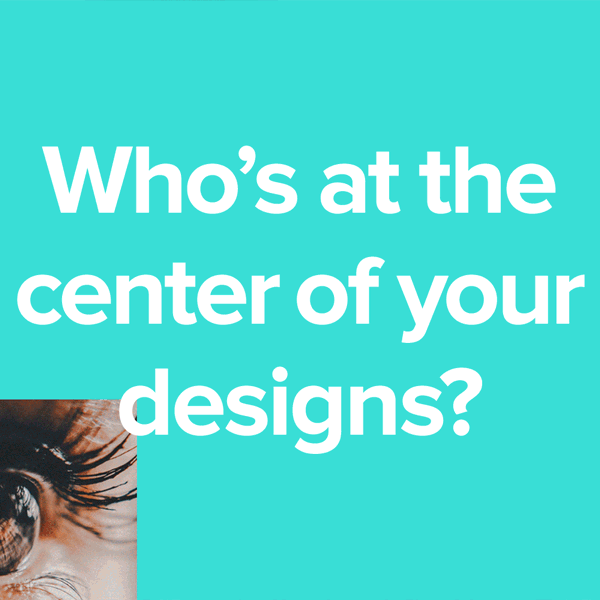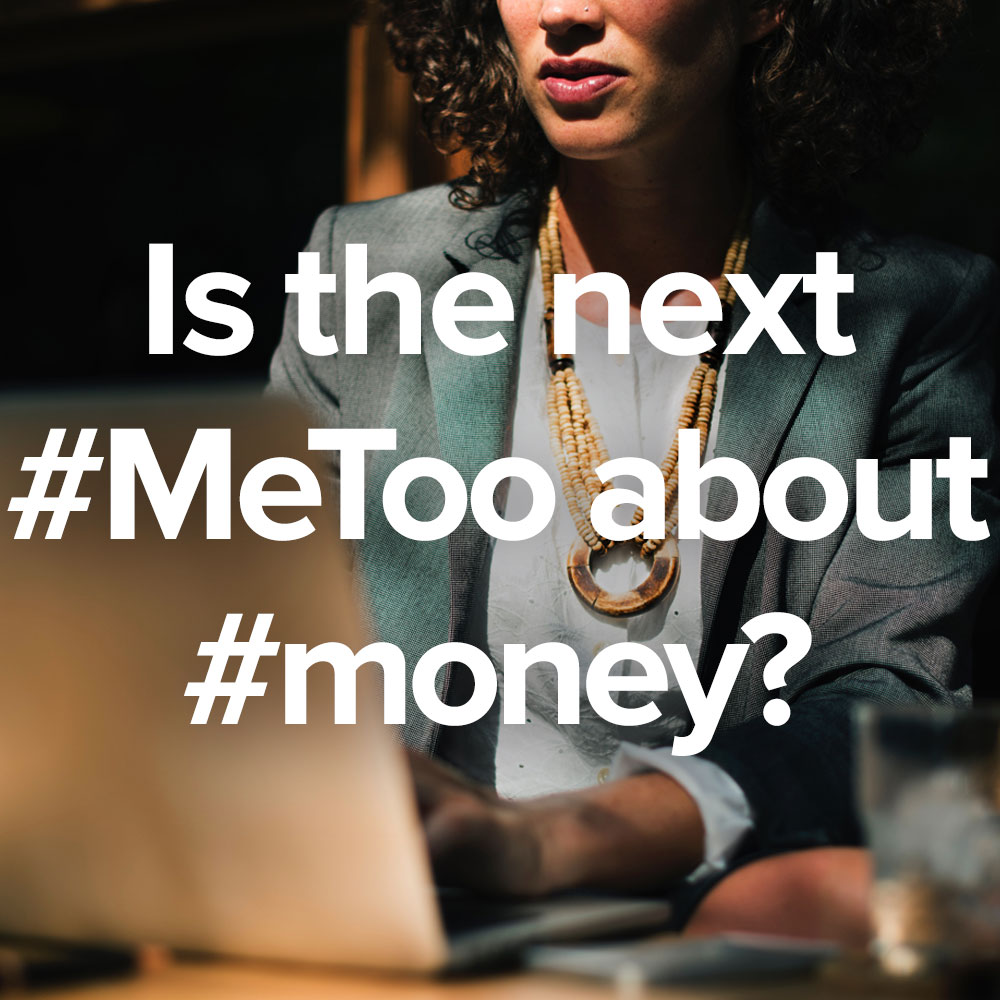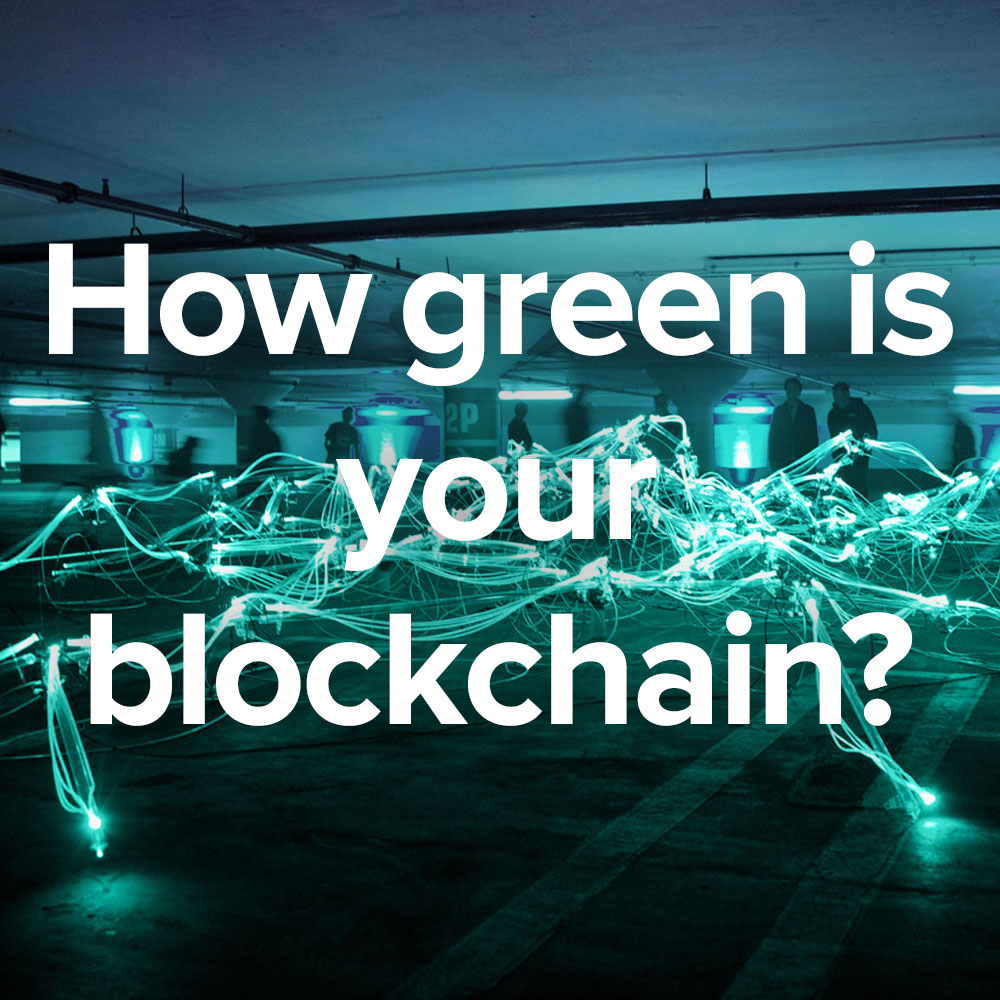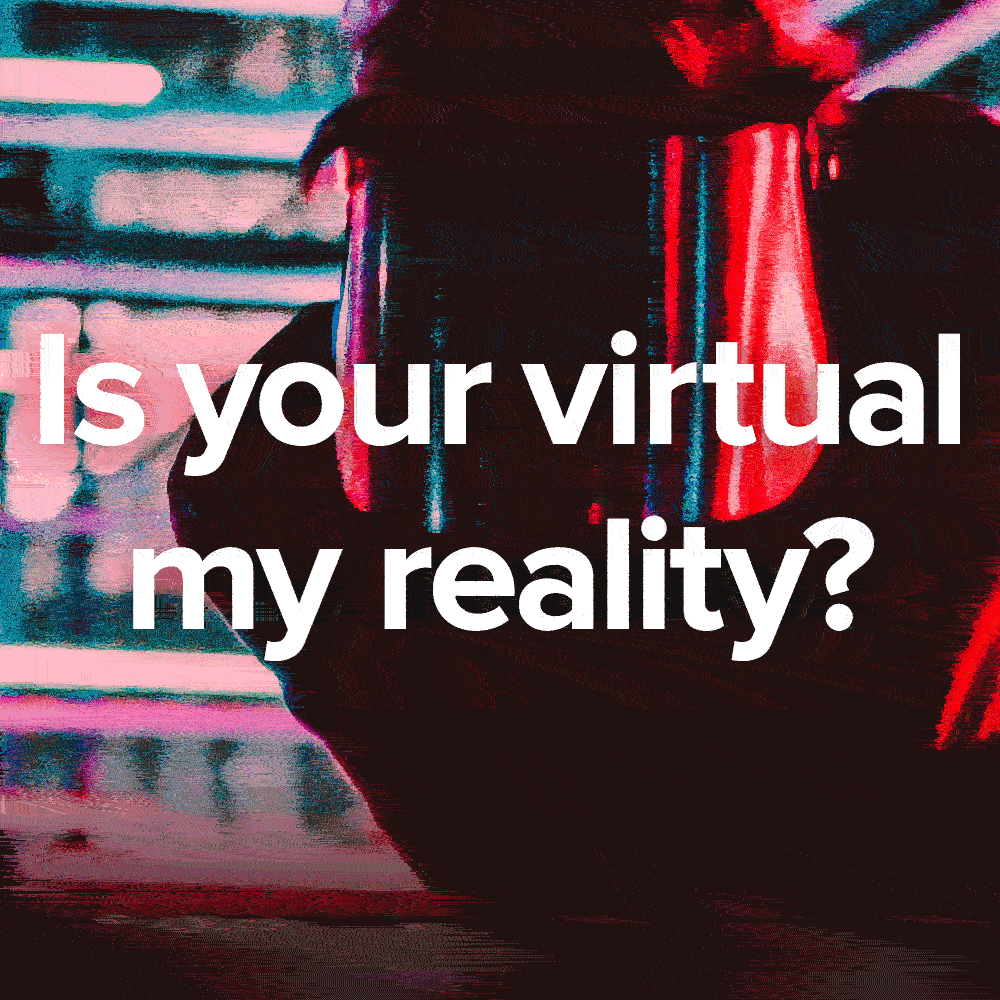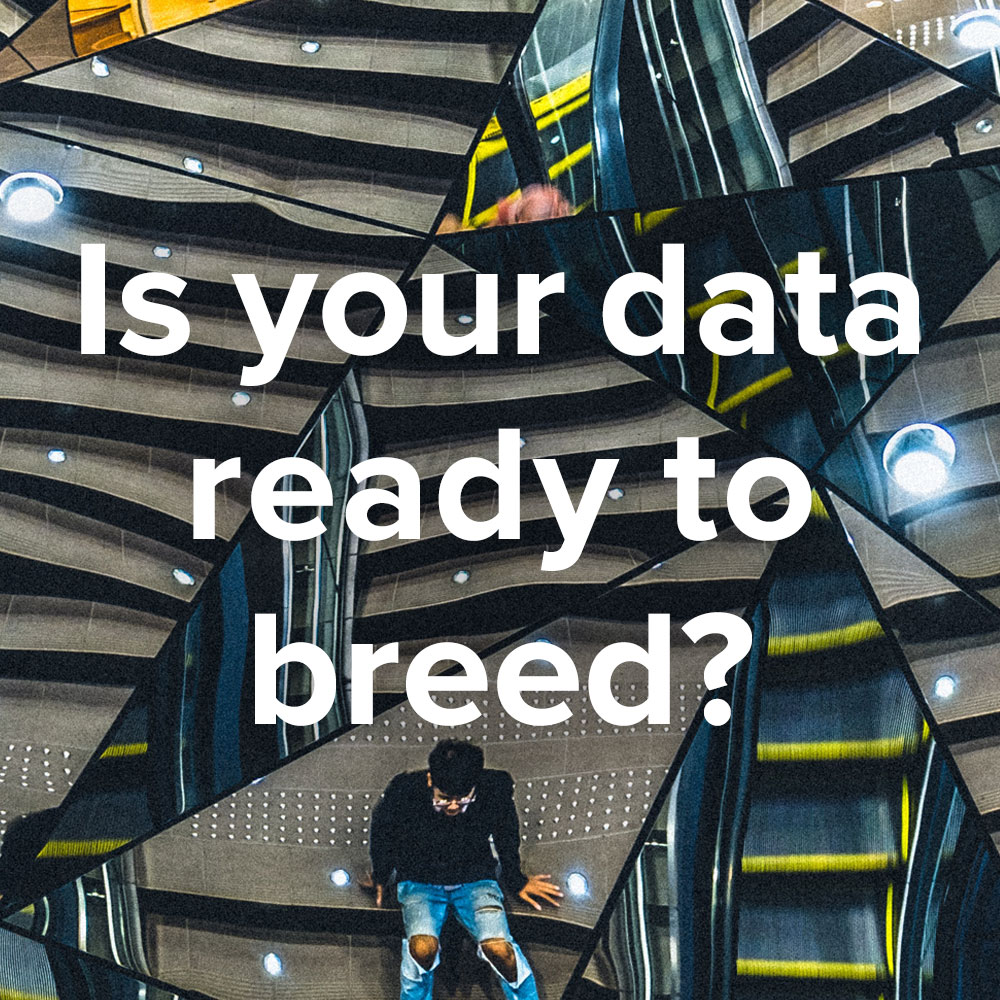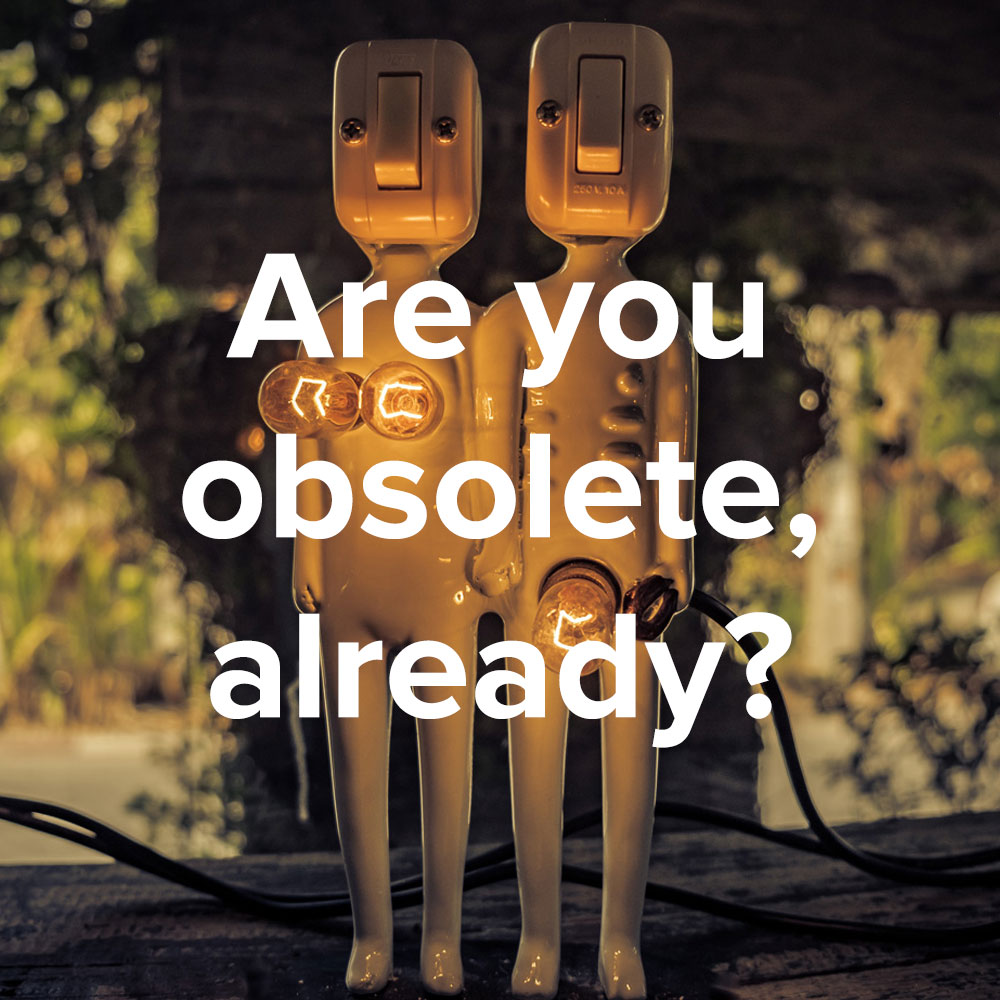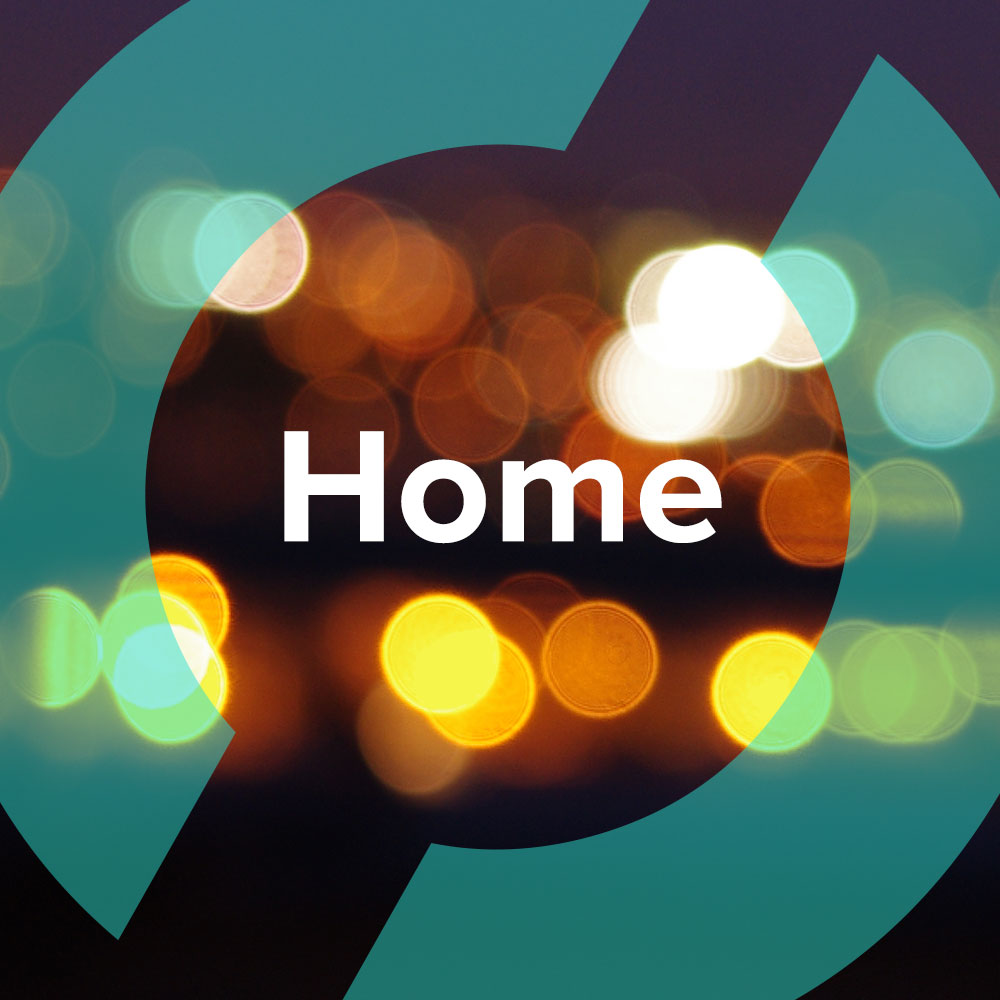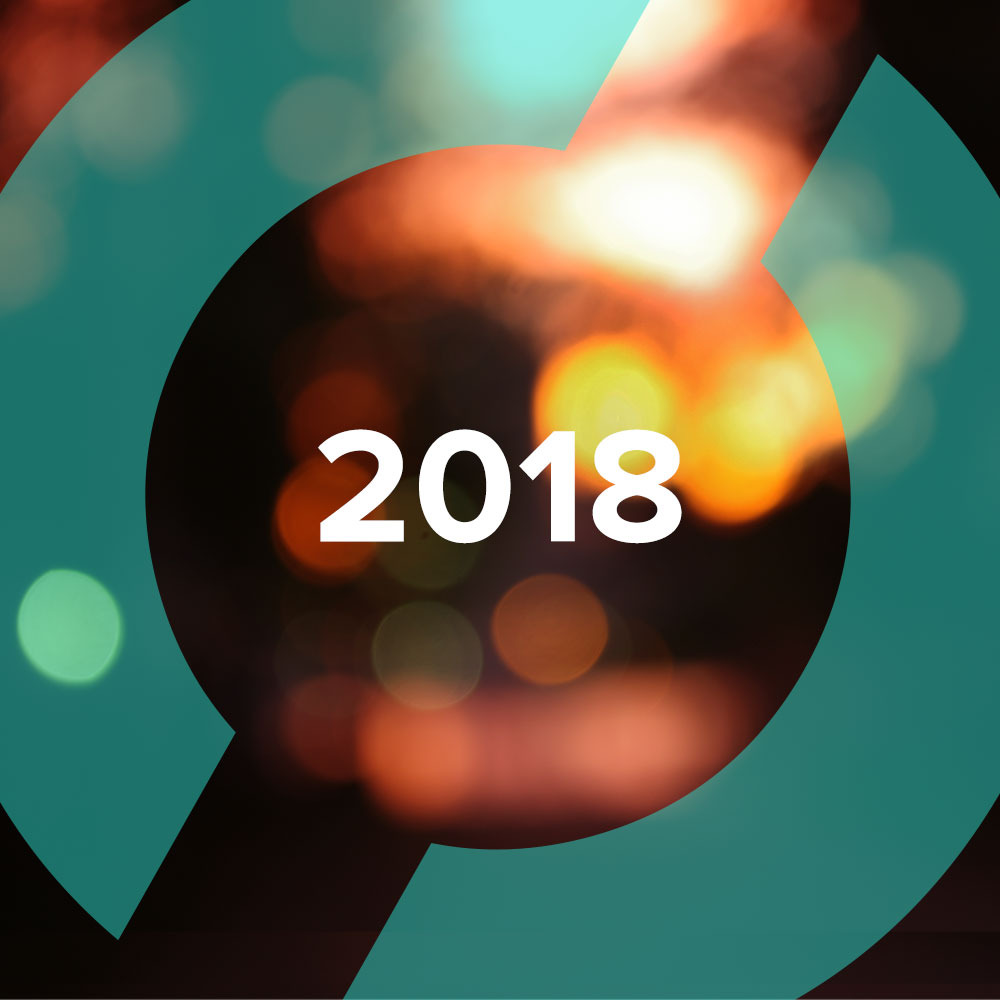“_________”
Ale on Women’s Voices Two.
Pregnancy discrimination is something deeply ingrained, and wrongly ingrained in our culture, that because women are having children, they cannot perform as much. This is 100% bull***t. So one way to fix the gender #PayGap is to fix the attitude towards motherhood.
— Alessandra Lariu
Co-Founder of SheSays & Experience Design Consultant
— When I was young, I had a hero. He played second base for the New York Mets; in Little League, I played the same position. My second hero was a baseball pitcher whose last name was pretty close to my first. My third hero was a guy named Dwight Gooden. Gooden, the best pitcher in the world, was an ideal role model—until his drug addiction took him down a rabbit hole. I replaced him with Cal Ripken, Jr., who, though not a Met, showed up to play baseball 2,632 times in a row, with aches and pains and who knows what else. That’s something you can really admire. But I haven’t had a childlike hero since he retired. As with most men, I’m pretty sure, it never occurred to me that maybe my hero could be a woman. Given my rationales for the three who preceded Ripken, maybe that wasn’t such a smart thing. Alessandra Lariu the Brazilian co-founder of SheSays, a global organization that educates and advocates for women creatives. We talked a year ago about money and pay equality; then, the operative question was: “Is the next #MeToo about #money?” A few days ago, we talked about politics and motherhood and pregnancy discrimination. I don’t know if Ale has a hero, if she has ever had heroes. But today, she is inspired. Change is incremental, but with people like Ale on the front lines, there are signs that our culture is finally coming around. Maybe she should be my next hero.
Ale, a year ago, we had a great conversation about equality, just a few months after #MeToo entered the public consciousness. In the ensuing year, have you seen progress for women in this regard?
Alessandra — It’s hard to see a real statistical impact in a year. But I can tell you what I’ve really found exciting: we’ve had Alexandria Ocasio-Cortez rise up in US Congress. That’s been a milestone for all of us, because you not only have a woman in Congress, but a woman that is really radical in terms of fighting for other women’s rights. I always feel it’s amazing to have women in Congress, but the type of energy she brings, and activism, it's really refreshing to me.
When #MeToo first captured our imaginations, it seemed like a broad table-setter to me. It got everyone thinking about sexual harassment, but maybe more importantly, it got people thinking in the first place. A year later, are there other issues within #MeToo that you are seeing get more traction?
Not in terms of sexual harassment but equal pay yes. I recently attended a New York City Commission on Human Rights public hearing on pregnancy and caregiver discrimination. It was just such an incredible experience and really broadened my perspective. It was very beautiful to go there and hear politicians listening to people and organizations on this issue. But it was also an eye-opener and slightly troublesome to me, because it just exposed the complexity of the process and what we're dealing with. It was good to get some clarity on where we stand in terms of the law and public policy.
“There needs to be a wider campaign about the fact that there are policies in place to protect women in the workforce. We still have a long way to go.”
It’s a pretty wide problem. It transcends the media and marketing worlds, right?
In the creative industry, we are getting more discrimination at work, which is one thing, but at the hearing, I heard stories about discrimination at work at all levels, all categories, not just creatives. What some people have gone through was just basically inhumane. But this exposure is a start, where women and organizations are telling their stories.
Is there anything that can be done about pregnancy discrimination in the short term?
Well, one thing that came out of the hearing was a realization that the issue is not really talked about. It’s against the law, and yet no one seems to know that you can go to a website at nyc.gov/humanrights and report discrimination for pregnancy at work.
It’s also interesting that it’s the same kind of discrimination all the time. For example, a woman goes to her company and tells them she’s pregnant, and they say, ‘Oh, we were going to fire you anyway, even before you got pregnant.’ And the other popular one is: ‘Well, we are doing a re-org, so your position is no longer available.’ And it turns out the only position that’s subject to the re-org is that of the pregnant woman. That's not a re-org. That's discrimination.
Hearing stories like these is infuriating, and people don’t know where to go, and this is against the law. There needs to be a wider campaign about the fact that there are policies in place to protect women in the workforce. We still have a long way to go.
By the way, do you know what ‘matrescence’ is?
No. I do not. But I have a feeling I should.
Ok, it’s about the hormonal changes surrounding motherhood. Not unlike when you enter adolescence. Only adolescence is heavily studied, but there’s not much out there about matrescence. In the end, new mothers find they have to deal with these changes on their own. They have to fend for themselves and deal with it, go to work and do all those workplace things, while there are these massive changes happening in your being. And nobody knows about it. It’s not talked about. It’s not a thing. It’s not recognized, all while the amount of postpartum depression is up, especially among working mothers.
So you can see, while change has to happen at a systemic level in politics, there are changes that need to happen in recognizing motherhood as a big transformation for women in this context. It’s not, oh, you know, ‘she just had a baby.’ It’s not. It’s way deeper than that.
“Motherhood is the No. 1 cause of the #GenderPayGap. So one of the ways of fixing the pay gap is to fix the attitudes toward motherhood.”
Pregnancy discrimination and the general ignorance about motherhood are obviously intertwined.
Right, and both are related to the pay gap between men and women. Motherhood is the No. 1 cause of the gender pay gap. The pay gap happens because women have babies; that’s when we start getting paid less than men. So one of the ways of fixing the pay gap is to fix the attitudes toward motherhood.
How do you define ‘pregnancy discrimination,’ and why do you think it exists in the first place?
Pregnancy discrimination is when women are refused a salary, they are refused a raise, they are refused a promotion because they are pregnant or became mothers.
It’s big. It’s something deeply ingrained, and wrongly ingrained in our culture, that because women are having children, they cannot perform as much. This is 100% bullshit. 100%. In fact, there is research to show that women are more focused and perform better, because there's no bullshit at work. They develop superpowers, they are able to prioritize better.
So all the preconceptions that we have about pregnant women, and women who have children, at work are false. I think that it occurs because we come from a culture where it was the woman who had to be looking after the home. The reality is women still do more, whether they are in the workforce or not. Even though there are modern couples out there where both mothers and fathers work, the woman still does more at home than their partner. All of which is a dig at stay-at-home fathers, too. That is my wish for this year, Father’s Day, that there are more stay-at-home fathers, because they’re equally capable of looking after the children.
My wife and I were recently talking about whether I could care for a sick (adult) child as well as she could. She says I can’t. It kinda hurt. I don’t know if that reflects her feeling of primacy because she’s woman, because she’s a mother, because it’s just her, or on the downside, because I'm the man, or because I’m a lazy slob. All are possible; we didn't get that far into it.
I think this is really funny because I think it is true, if I’m really honest, most of us mothers think we are better. We have a deeper bond, because it’s the physical thing that you have with that creature that came from you—but that does not mean that the fathers could not do it. Even if I'm saying to him, “I wouldn't do it this way”; I have to stop myself sometimes. We have to respect a father's way of doing it. And I’m mostly talking about a heterosexual relationship here because it seems that same-sex couples have it better figured out! Single parents are my heroes and would love to know the trans perspective here.
“There are changes that need to happen in recognizing motherhood as a big transformation for women in this context. It’s not, oh, you know, ‘she just had a baby.’ It’s not. It’s way deeper than that.”
Big picture, I wonder whether it’s still a question of getting society to believe in equality, or more now about figuring out the mechanics of getting to equality. Climate change, you can't even get people in power to agree that it exists at all. You don’t have 100% buy-in. With gender balance and equality, I think you have a lot more buy-in, but not as much understanding as there should be on how to actually effect change. Does it have to be one misogynist at a time, one sexual harasser at a time?
If the number of organizations talking about this topic increases, if there are more hearings on discrimination, I think we’ll achieve gender equality faster. I also wish there was a campaign about discrimination for mothers at work.
Since we’re talking about awareness, how are things going at SheSays?
At SheSays, we have focused mostly on mentorship in the past, but we are now moving more toward action and advocacy. We’re trying to not just mentor women, but also to advocate for them, in a practical way, if someone wants a specific job, we will recommend them if they are good at what they do. SheSays will become a more active platform to advocate for women.
How can men and women help make a difference? Do we need grand gestures, little things, or both? What’s the most effective course of action?
It takes micro- and macro-level actions. Micro, you can advocate for women, you can go to LinkedIn and recommend them. At a really super-macro level, men and women could sponsor more women-owned businesses, invest in them.
As a creative, are you seeing much progress toward gender equality in media and advertising and marketing right now?
I’ve not seen much.
Thank you Ale, for sharing your perspective on Women’s Voices with us, one year on.


